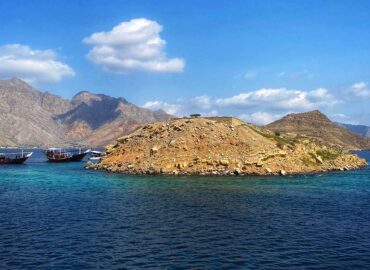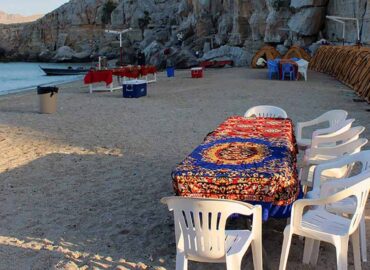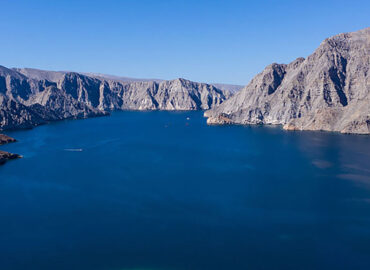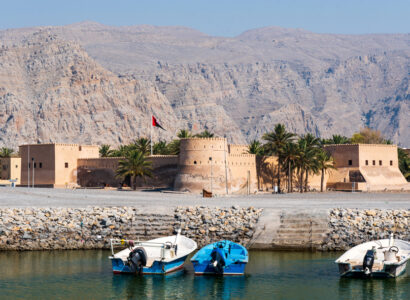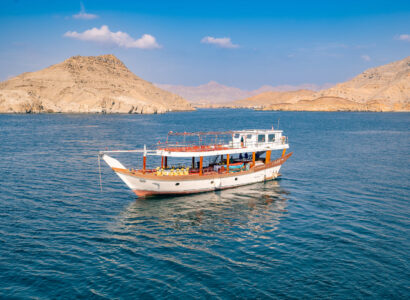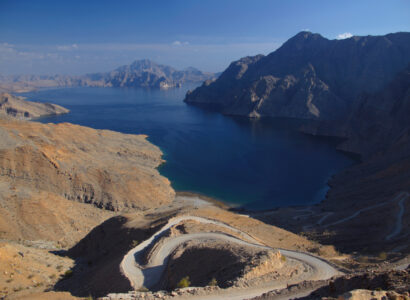5 Common Mistakes That Can Ruin Your Overnight Beach Camping Trip
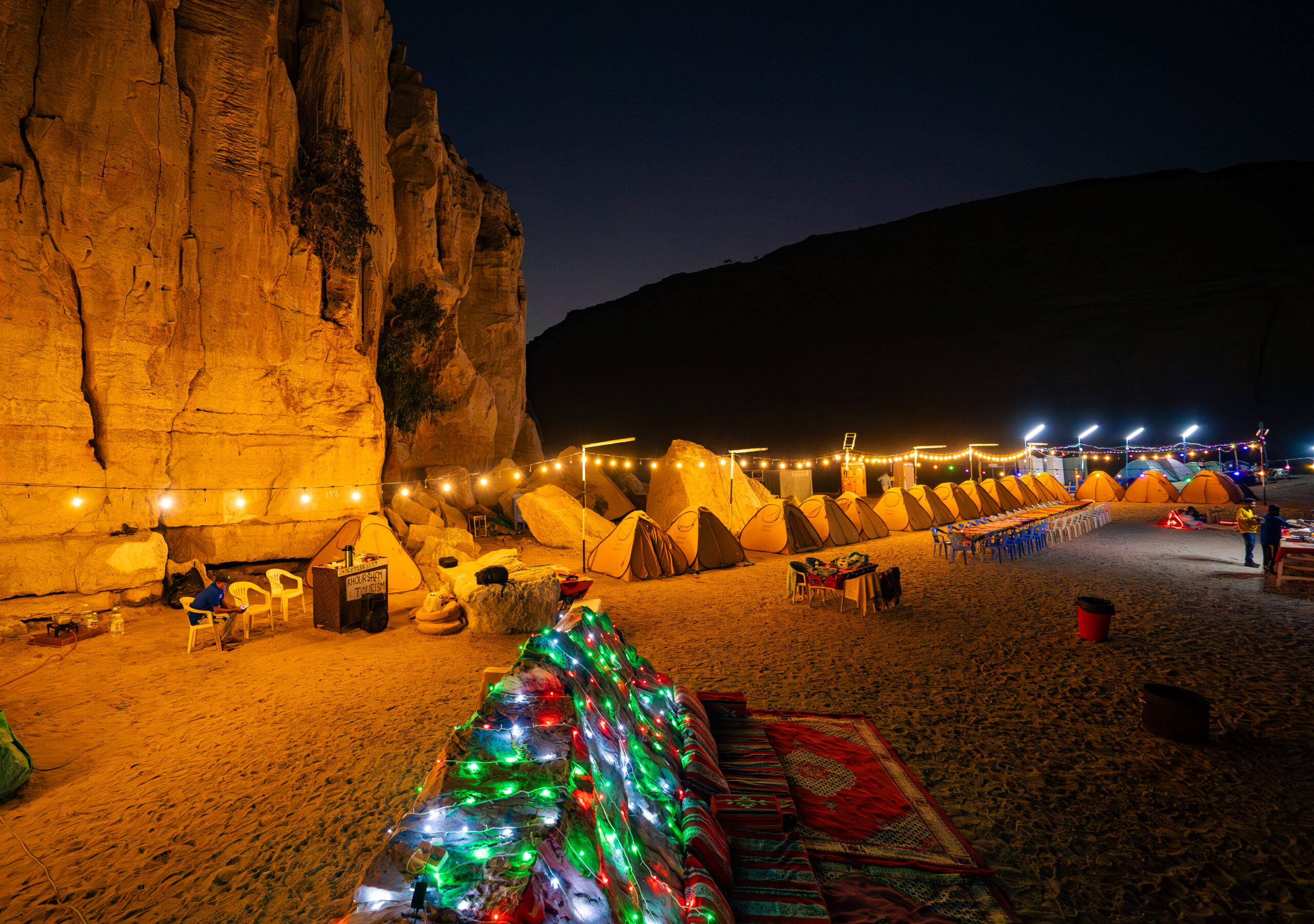
Going on an overnight beach camping trip can be an amazing way to enjoy the outdoors. Sleeping under the stars, hearing the waves crash, and feeling the ocean breeze all sound perfect. But small mistakes like not checking the tide schedule, packing the wrong gear, leaving food unsecured, setting up your shelter poorly, or arriving late can quickly ruin your trip. These issues can lead to unexpected problems that make your adventure stressful instead of relaxing. Luckily, with a bit of planning, you can avoid these mistakes and have a great beach camping experience.
Let’s look at the five most common mistakes people make during their overnight beach camping trips and how to avoid them.
- Not Checking the Tide Schedule: Failing to check the tide schedule can leave you waking up to water rushing into your tent or struggling to find a safe spot to camp.
- Packing the Wrong Gear: Bringing the wrong gear or forgetting essentials like sand-friendly equipment can lead to discomfort and frustration.
- Leaving Food Unsecured: Leaving food out in the open can attract unwanted guests like seagulls, crabs, or even raccoons.
- Neglecting Proper Shelter Setup: A poorly set-up shelter can leave you exposed to strong winds, blowing sand, or rain.
- Arriving Too Late: Getting to your campsite after dark can make it difficult to set up and lead to unnecessary stress.
1. Not Checking the Tide Schedule
The tides are one of the most important factors when it comes to choosing a spot for camping on the beach. The beautiful location that may be ideal for camping during the day may be completely flooded when high tide comes in. Always check on the tide schedule for the beach you intend to camp. This information can be obtained online or at local visitors’ information centers. You should choose a good camping site that should be located above the high tidal level to avoid cases of having to spend the night soaked in the water. Also, watch out for storm surges or unusually high tides that might come with bad weather.
2. Packing the Wrong Gear
Beach camping means one uses equipment that is different from that used in woody or mountainous areas. Sand can get into all sorts of places and you will require equipment that will work well with sand. Instead of conventional stakes for the tent, get sand stakes suitable for ground-containing sand. You should also have a ground cover, most importantly the tarp, to protect your tent from moisture and sand. Bring plenty of sunscreen, hats, and lightweight clothing to protect yourself from the sun during the day and the wind at night. And don’t forget a waterproof bag for your valuables to protect them from splashes and humidity. Skipping these items can leave you unprepared and uncomfortable.
3. Leaving Food Unsecured
The beach may look like a safe place where no one will steal your food, but wildlife and even stray animals can easily ruin your supplies. Seagulls, in particular, are notorious for swooping in and stealing food. All food should be packed using airtight containers, and the food should be in a secure place like a cooler with a tight lid. Raccoons, for example, if you live near the woods, can be a real nuisance, and you may have to store food in your car or tie it to a tree. Cleaning up food scraps and trash immediately is also essential to avoid attracting wildlife and keeping the beach clean.
4. Neglecting Proper Shelter Setup
Beach camping exposes you to unique weather conditions that may be different at any one time. Strong coastal winds can make it difficult to set up your tent if you’re not prepared. Always secure your tent with sand stakes and anchor it properly to withstand the wind. Set up a windbreak or use natural barriers like dunes to shield your campsite. Additionally, bring a rain fly to protect your tent from unexpected showers. Setting up a shelter without these precautions can lead to a miserable night, with sand in your gear and no protection from the elements.
5. Arriving Too Late
The beach is beautiful during the day, but setting up camp in the dark is far from enjoyable. Arriving late means you’ll have to fumble with your gear using a flashlight, and you might not be able to find the best spot to pitch your tent. Assessing potential hazards like tides, sharp rocks, or uneven ground is also harder. Aim to get to the beach early, so you have plenty of time to set up your shelter, explore the area, and relax before nightfall. Starting your trip in daylight ensures a smoother and more enjoyable experience.
FAQ’s
What is the best gear for beach camping?
The best gear for beach camping includes sand stakes for your tent, a tarp to protect against moisture, a reliable cooler for food storage, lightweight sun-protective clothing, sunscreen, a waterproof bag for valuables, and a portable windbreak.
How do I find a good spot to set up camp on the beach?
Choose a spot well above the high tide line and away from areas prone to flooding. Look for natural windbreaks like dunes or large rocks to protect your campsite. Check the ground for uneven surfaces or debris before setting up your tent.
How do I deal with sand while camping?
Bring a brush to clean sand off your feet and gear before entering your tent. Use a tarp under your tent to minimize sand buildup. Packing sand-proof gear and keeping items in waterproof bags also helps.
Is it safe to start a campfire on the beach?
Always check local regulations before starting a campfire. Use a fire pit or create a safe area for the fire if allowed. Keep it away from your tent and extinguish it before bed.
What should I do if there’s a storm while beach camping?
Check the weather forecast before your trip and avoid camping during stormy conditions. If a storm occurs unexpectedly, secure your tent, pack up valuables, and move to higher ground. Seek shelter if conditions become dangerous.
Conclusion
Beach camping can be an unforgettable experience, but it requires careful planning and preparation to avoid common mistakes. Checking the tide schedule, bringing the right gear, securing your food, setting up your shelter properly, and arriving early are simple but essential steps for a successful trip. By keeping these tips in mind, you can ensure your overnight beach camping adventure is relaxing, safe, and full of good memories.
Share this post
KHASAB MUSANDAM TOUR PACKAGES
Have you ever been to Norway? Musandam Khasab dhow cruise tour brings you an opportunity to explore the “Norway Of Arabia”. Book a Khasab dhow cruise and we bet you will fall in love with the beauty of Khasab Musandam.

